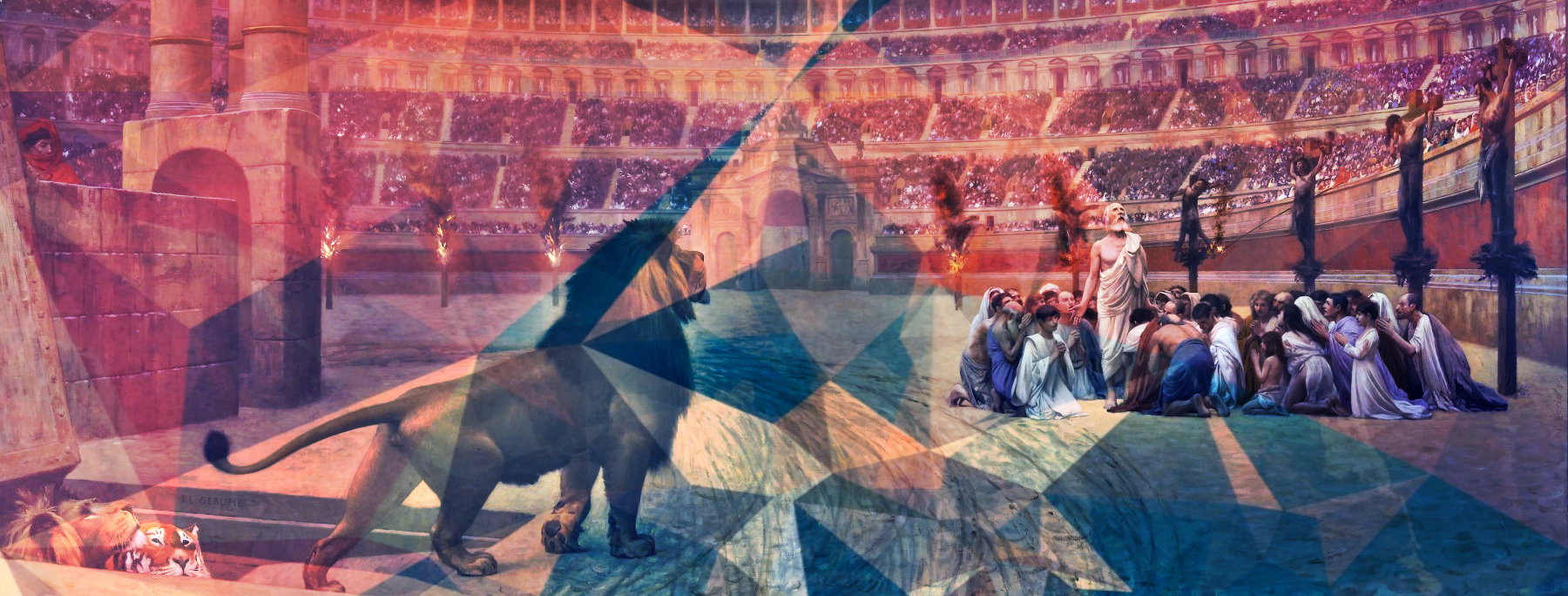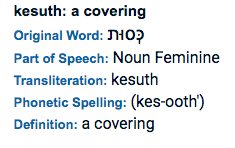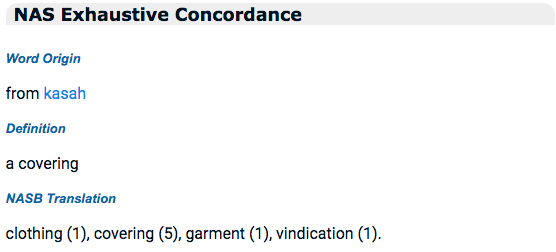

Fringes - Tassels - Tzitzit
When we discuss Biblical matters we mistakenly believe we have entered an arena where all sides are in quest of the same Truth. Sadly, what we end up with is a street fight, where the goal is to defeat and humiliate your enemy. The format of this study is not such that one should expect the typical religious hyperbole, so I’m not sure how influential it may be. My intention here is not to influence you through emotional parlor tricks, but rather present my information/analysis for a dialog.
Assyrians, and Babylonians both wore fringes and tassels.
Tzitzit
You are to make tassels on the four corners of the cloak you wear. -Deuteronomy 22:12
Let’s start off by seeing what our friend James Strong defines these tassels as from Deuteronomy 22:12.
The word here “tassel” is misleading. If we look at what ancient fabric “fringe” is, we’ll understand more about this.
This seems quite different from the hemmed garments from ancient time.
But maybe some context will expose this a little further. What exactly is this fringe on? Their clothing, right? No,it appears to be a cloak.
You are to make tassels on the four corners of the cloak you wear. -Deuteronomy 22:12
3682. Kesuth Definition: a covering


In Exodus 22:27 the covering (kesuth) is called a cloak. Is this supported by additional texts in the Gospels?
Suddenly a woman who had suffered from bleeding for twelve years came up behind Him and touched the fringe of His cloak. Matthew 9:20
In Job 24:7 we read: Without clothing (strongs 3830 lebush), they spend the night naked; they have no covering (strongs 3682) against the cold.
Clothing and Covering are different. The word for covering is cloak. Obviously His people are wearing a covering called a cloak. So the real question here is… where are we commanded to wear a cloak? This is not your tunic as we see here in Job 24:7, which is your clothing, but a cloak with which you cover yourself.
Let’s continue to examine this fringed cloak idea in Deuteronomy 24:12 examining the Biblical law of pledges:
If your neighbor is poor and gives you his cloak as security for a loan, do not keep the cloak overnight. -Deuteronomy 24:12
Can one command force someone to break another command? If the cloak contains this “Tzitzit”, how could you make a pledge with your cloak and still obey Deuteronomy 22:12?
We must have this wrong, right? It must mean the fringes are on the clothing and not the unimportant covering called a cloak, right? Well, what does Messiah say about this?
if someone wants to sue you and take your tunic, let him have your cloak as well; Matthew 5:40
I’d like to point out that again that this doesn't seem to be about pacifism to someone who steals your clothes, but about the pledge you make to a accuser/debtor. So here we see Messiah saying it’s ok to part with both. So it’s probably exactly what seems stated. The fringe is on the cloak.
Did Messiah mean figuratively give them your tzitzit? He wouldn’t tell you to abandon something the Father commanded you to wear, would he?
In speaking of the abomination of desolation, the Messiah says: Let no one on the housetop come down to retrieve anything from his house. And let no one in the field return for his cloak. -Matthew 24:18
This covering is the outer garment. It’s a cloak of sorts. This was similar to the STRONG’s 155. Addereth:
Mantle - A loose garment to be worn over other garments; an enveloping robe; a cloak. Hence, figuratively, a covering or concealing envelope.
The men wore a mantle/covering/cloak known as a tallit. There is no commandment to do so. Judaism even acknowledges this:
“Jewish tradition requires men to cover the head as a sign of humility before God, and women, as evidence of modesty before men, although the Bible does not explicitly command either men or women to cover the head.”
SOURCE: https://www.jewishvirtuallibrary.org/covering-of-the-head
Covering of the Head
I could not find any Scripture commanding His people to wear a tunic, a tallit, a cloak, a prayer shaw, or a covering of any kind.
Modesty for a woman was considered to be covering the hair. This tradition seems somewhat universal, and continued in Israel’s culture in Europe, and was carried into America. Today I live in Amish country. Even here it is not a black and white issue. Some ex Amish always wear head coverings, and some mostly wear coverings, while others occasionally or never do. Nobody seems to care what anyone else does, and everyone respects others in this.
Ancient Israel vs Medieval European (missing fringe)
Notice there’s fringe, but no “tassel”. If you wear a covering/mantle/cloak as you go about your day, I would strongly urge that you have fringe with a blue cord on it. But is that physical reminder of our new covenant in Messiah in place of writing the law on our heart? The question you must ask yourself here will lead us into the next topic. Is this a salvation issue, or an ordinance so that it will go well with you? Something you will have to decide for yourself.